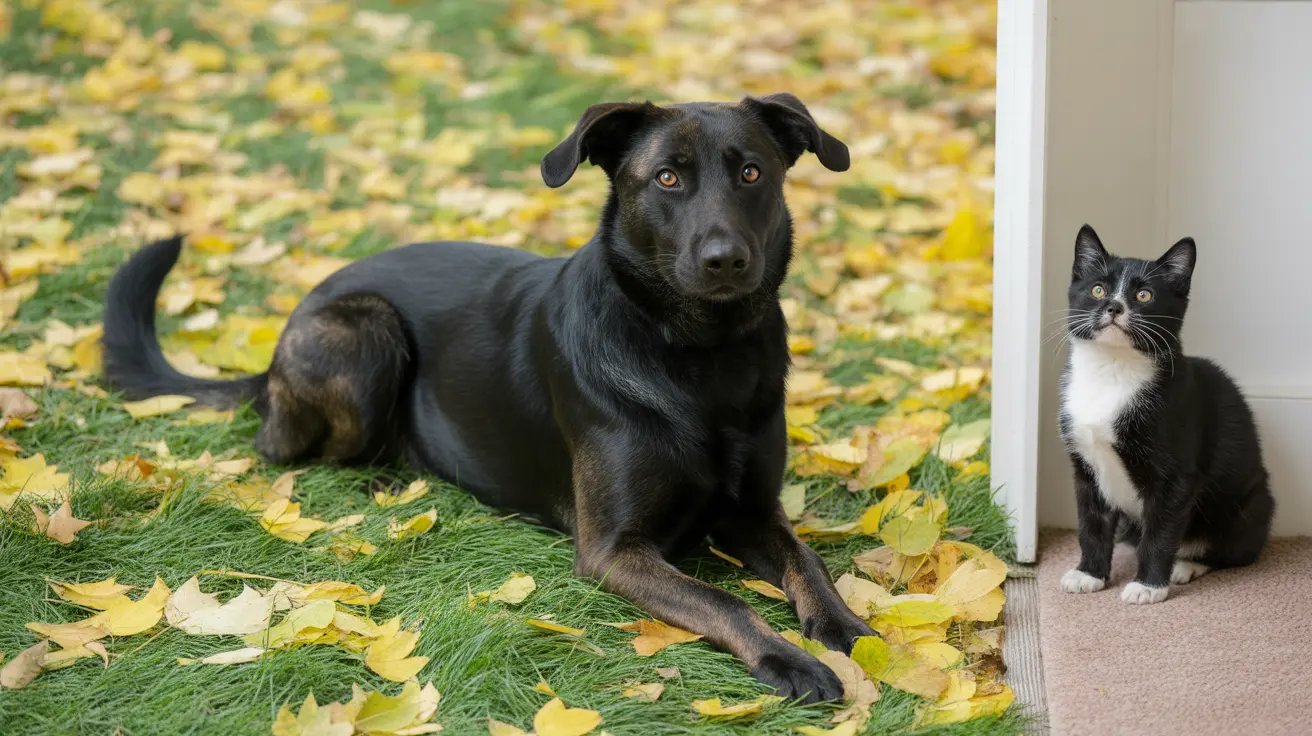Why Dog Poop Is Bad for Your Lawn and the Environment
Many pet owners might wonder whether dog poop is beneficial to their lawns, especially since other types of animal manure, like cow or horse manure, are often used in gardening. However, using dog feces as fertilizer can be hazardous to both your lawn and your overall environment. This article explores why dog poop is not good fertilizer and offers safer disposal alternatives.
1. Health Hazards in Dog Waste
Unlike herbivores, dogs are omnivores, and their waste reflects a high-protein diet. As a result, dog feces contain harmful bacteria and parasites that can be dangerous to humans and animals. These include:
- Escherichia coli (E. coli)
- Salmonella
- Coliform bacteria
- Parasites such as hookworms, roundworms, and giardia
Just one gram of dog waste can host millions of bacteria. If allowed to decompose on your lawn, these microbes can contaminate the soil and potentially transfer to humans, pets, or crops. These pathogens pose significant health risks, especially to children playing outdoors or anyone handling the soil without protection.
2. Nutrient Imbalance and Lawn Damage
Dog poop is not nutritionally balanced for plant life. While it contains high levels of nitrogen and phosphorus, these nutrients can harm rather than help grass and garden plants. When dog waste breaks down, it can lead to:
- Root burn caused by nitrogen overload
- Yellowing and browning of the lawn
- Uneven nutrient distribution due to slow decomposition
Initially, nitrogen in dog poop may create a brief lush appearance, but this is deceptive. Over time, the oversaturation causes patches of dead grass and poor soil health.
3. Decomposition and Odor Issues
Dog poop decomposes much more slowly than cow manure. It can take a year or more to fully break down. During this time, the soil receives minimal benefits while suffering from the persistent presence of waste and its accompanying foul odor. This lingering smell can be much more offensive than that of properly managed herbivore manure.
4. Environmental Consequences
Leaving dog waste on the ground or using it improperly as fertilizer has wider environmental implications. Rain can wash the feces and its pathogens into storm drains, eventually contaminating rivers, lakes, and wetlands. This microbial pollution affects not only human health but also threatens aquatic and natural ecosystems.
5. Composting: A Risky Alternative
Some pet owners may consider composting dog waste. While composting can neutralize some harmful compounds, it requires very specific conditions to do so safely. Compost piles must reach at least 60°C (140°F) for three consecutive days to eliminate pathogens and parasites. This is challenging outside of industrial settings.
Even when properly composted, dog waste compost should be applied only to ornamental plants and kept away from edible crops, water sources, and play areas. Additional best practices include:
- Wearing protective gloves
- Using secluded, well-ventilated compost areas
- Mixing dog waste with carbon-rich materials like leaves or newspaper
- Maintaining a 2:1 carbon to nitrogen ratio
- Allowing compost to cure for 6–12 months
6. Best Disposal Practices for Dog Poop
If composting isn’t feasible, follow these recommended disposal methods:
- Pick up waste immediately and place it in sealed bags for garbage collection
- Flush it down the toilet (where permitted), allowing municipal waste treatment to handle the pathogens
- Deep burial away from gardens, water supplies, and digging animals
It’s especially important never to mow over dog waste, as lawnmowers can spread pathogens across your yard. Leaving dog waste in natural areas also disrupts the local ecosystem, as domestic dogs are more populous than wild predators, causing waste buildup at unhealthy levels.
7. Why Cow Manure Is Different
Cow manure remains a gardener favorite because cows consume only plant-based diets, making their waste rich in cellulose and low in harmful bacteria. In contrast, dog, cat, and human feces require careful treatment before any use in soil amendment. Their risks far outweigh potential benefits unless subjected to rigorous composting procedures.
Conclusion
Dog poop is not good for the lawn. It can severely damage your grass, spread dangerous pathogens, and pollute local waterways. Composting may be an option under precise conditions but should never involve edible plants. The safest course of action is immediate and responsible disposal through the trash or specialized composting systems designed for pet waste. Keeping your lawn clean from dog waste not only improves yard aesthetics but protects your family, pets, and the environment.





